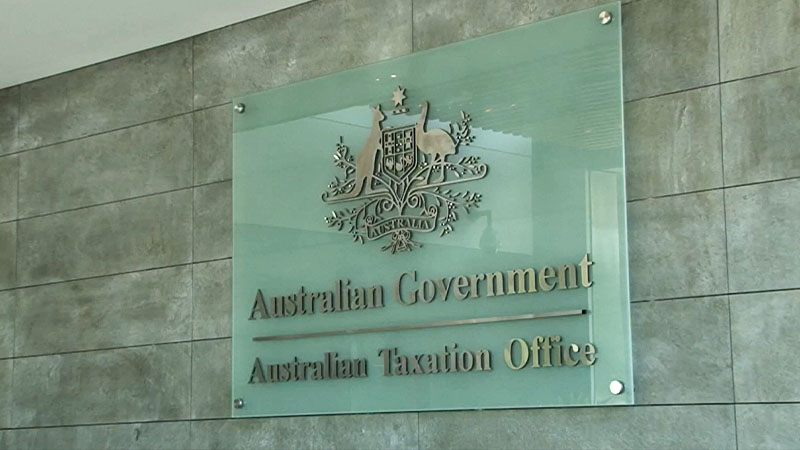ATO interpretation to impact borrowing strategies with trusts
An interpretation by the ATO regarding the legislative changes passed for testamentary trusts could have significant impacts on certain investment strategies used with testamentary trusts, says an industry lawyer.
Recently, the government passed new laws which limit the treatment of income from a testamentary trust paid to minor beneficiaries of the trust as excepted trust income, which is taxed at adult tax rates, including a tax-free threshold of $18,200 per year.
Under the new laws, only property transferred to the testamentary trust from the deceased’s estate or from property that represents an accumulation of income from property from the deceased’s estate can be treated as excepted trust income.
The new provisions apply to property acquired by or transferred to the trustee of a testamentary trust estate on or after 1 July 2019.
While a lot of legal commentators have discussed the possible impact of the new laws, Townsends special counsel, estate planning and superannuation, Brian Hor said a recent publication by the Tax Office has revealed a potentially much greater impact of the new laws on investment strategies with a testamentary trust.
Mr Hor said the ATO has publicised their own interpretation of the new laws in QC 16509, which contains an example where a discretionary trust borrows money.
The example involves a testamentary trust, the Johnson Trust, established under a will into which $500,000 is transferred from the deceased estate on 22 August.
The trustee of the Johnson Trust borrows $1 million from a bank and purchases a rental property for $1.9 million. The remaining $100,000 is used as working capital for the rental property.
In the 2019–20 income year, the trustee of the Johnson Trust receives $50,000 of net rental income. The net income of the trust for that year is $50,000. Michael, who is under 18 years old, is made presently entitled to 50 per cent of the $50,000 net income, being $25,000.
Michael’s excepted income is $6,250. This amount is the extent to which the $25,000 of income resulted from the $500,000 transferred from the deceased. The remaining $18,750 of income is attributable to assets unrelated to the deceased estate and is not excepted income.
Mr Hor noted how the formula used by the Tax Office specifically limits the expected income to income generated from the original $500,000 transferred from the deceased estate, and excludes the income generated not just from the family trust capital distribution of $500,000 to the Johnston Trust but also from the borrowing of $1 million from the bank.
“Ever since the landmark case of The Trustee for the Estate of the Late A W Furse No 5 Will Trust v FC of T 91 ATC 4007 — way back in 1991, nearly 30 years ago — it was accepted that a discretionary testamentary trust could borrow money to acquire an asset, and the income generated by that asset would be treated as excepted trust income if paid to minor beneficiaries of the trust,” Mr Hor said.
This long-standing principle has now been overturned, according to the interpretation of the ATO at least, he said.
“[This means] that any income arising from assets acquired on or after 1 July 2019 using monies borrowed externally by a testamentary trust will no longer be treated as excepted trust income if paid to minor beneficiaries of the trust,” he explained.
“[They will] therefore be taxed at the penalty rates under Division 6AA which reduces a prescribed person’s tax-free threshold from $18,200 to just $416 and then taxes any additional trust income between $417 and $1,307 at 66 per cent and thereafter at 45 per cent.”
Mr Hor said advisers and their clients will need to take this interpretation into consideration in regard to borrowings made by discretionary testamentary trusts.
“For instance, the trustees of any testamentary trusts that were considering borrowing funds to acquire new investments will need to take into account the possibility that any income generated from such investments may not attract the testamentary trust tax concessions in relation to excepted trust income when distributed to minor beneficiaries of the trust,” he said.
“[This] may represent a significant reduction in the after-tax return from such investments.”
For estate planning advisers thinking about incorporating discretionary testamentary trusts in the wills of their clients, it may be important to consider having opt-out provisions built into the will, Mr Hor explained.
This will allow the client’s beneficiaries to effectively bypass the trust and receive their inheritance as a direct gift from the estate in the event that the share of the estate to the testator, which is to be allocated to the testamentary trust, is insufficient to make the trust financially viable without borrowing money, he said.

Miranda Brownlee
Miranda Brownlee is the deputy editor of SMSF Adviser, which is the leading source of news, strategy and educational content for professionals working in the SMSF sector.
Since joining the team in 2014, Miranda has been responsible for breaking some of the biggest superannuation stories in Australia, and has reported extensively on technical strategy and legislative updates.
Miranda also has broad business and financial services reporting experience, having written for titles including Investor Daily, ifa and Accountants Daily.


